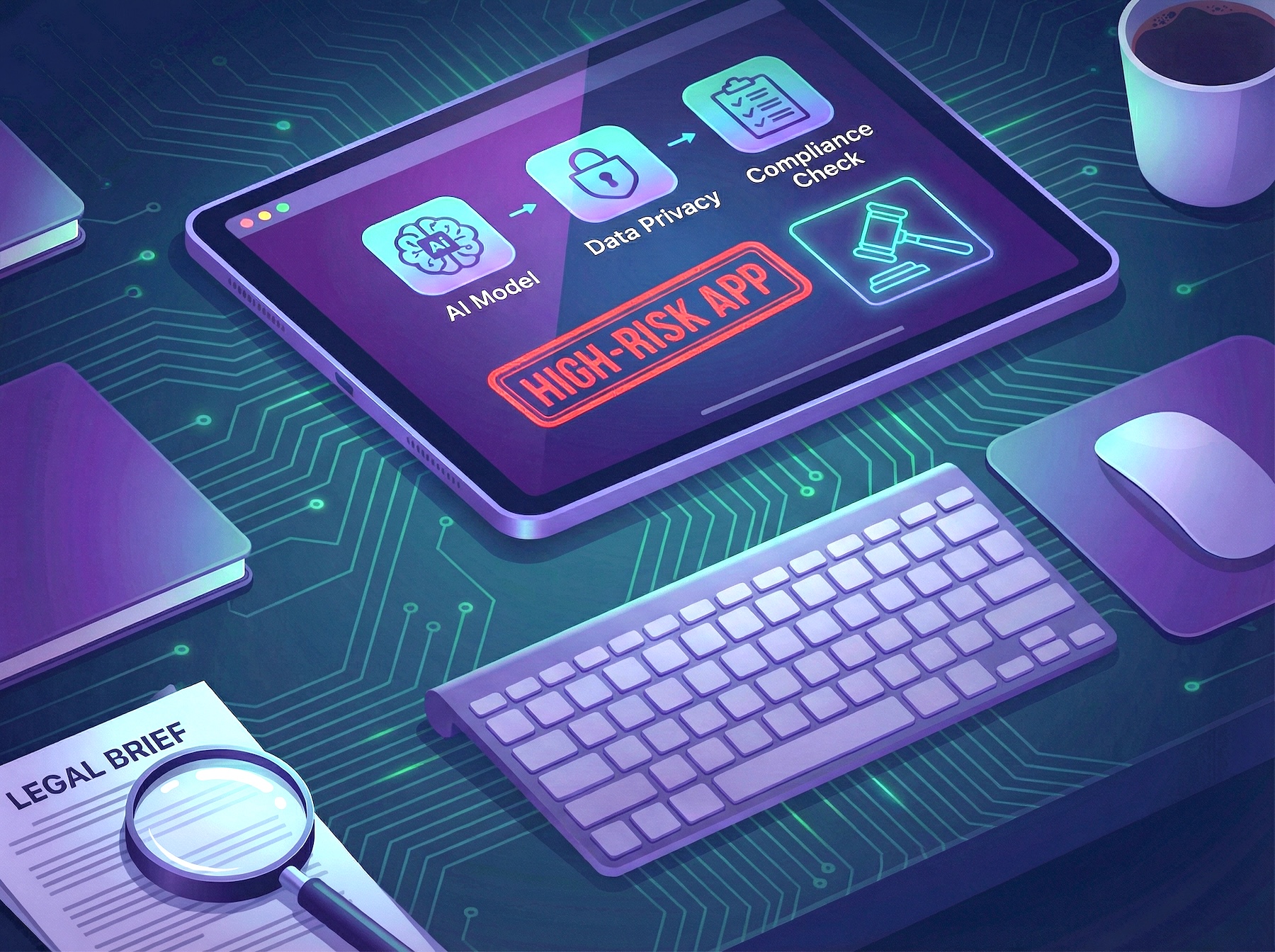The case marks the first time that the invention-acquiring business has been awarded a payout by a jury.
Intellectual Ventures charges others for the rights to use the inventions it has purchased and created, but makes few products of its own.
Several critics have described it as "the ultimate patent troll".
But Symantec was barred by the judge in the case from making use of the term.
The ruling was not, however, a total victory for Intellectual Ventures.
It had originally sought close to $300m in damages after claiming that three of its software cybersecurity patents had been infringed by Symantec.
The Delaware jury ruled that only two of the patents had in fact been infringed:
- A method to screen computer data for viruses, first filed in 1998, which featured in some of Symantec's MessageLabs-branded software
- A technique to scan emails, first filed in 1997, which was used by Symantec's Brightmail Gateway and Web Gateway products
While the jury recognised that a third patent - describing a way to detect spam - was also valid, it decided it had not been infringed by Symantec.
Furthermore, it rejected Intellectual Venture's demand for continuing royalty payments.
"We are grateful to the jury for their hard work and for confirming the validity of these patents," responded Melissa Finocchio, chief litigation counsel for Intellectual Ventures.
"We remain committed to defending inventor rights and protecting the interests of our investors and customers."
A spokesman for Symantec said: "We are pleased the verdict came back for substantially less than the amount that Intellectual Ventures was seeking, and are considering our options to reduce the damages even further."
'Most hated'
Intellectual Ventures had already settled claims involving the same patents with Check Point and Intel's McAfee division.
But Trend Micro - another security firm - has also refused to pay. Its dispute is set to go to court in May.
California-based Intellectual Ventures - which was founded by Microsoft's former chief technology officer Nathan Myhrvold - initially avoided suing other companies directly.
Instead, for about a decade, much of its business model relied on licensing its inventions to others, so that they could use them defensively or offensively in their own disputes.
However, its strategy changed in December 2010, when it filed cases of its own against nine companies, including Symantec.
The first of these disputes, which was against Motorola Mobility - then owned by Google, came to court last year. But the judge ruled it a mis-trial after the jurors could not agree on a verdict.
Bloomberg Businessweek subsequently described Intellectual Ventures as "Silicon Valley's most hated patent troll", saying it hoarded ideas and wielded its intellectual property portfolio "like a weapon".
However, Mr Myhrvold has argued that his business benefits both the inventors it buys patents from and the researchers it employs itself.
"The world needs more inventions and my goal is to show that investing in invention is a good way of ensuring it gets them, provided you have the resources to scale this model up," he said.
Android patents
In a separate development, Microsoft has announced that a patent dispute with Samsung over unpaid fees has been resolved.
The Windows-developer had claimed the South Korean firm had failed to pay it on schedule for the use of inventions that featured in the Android operating system.
Although Google leads development of Android, Microsoft lays claim to some of the processes the software uses and has successfully pursued dozens of manufacturers for payments.
Microsoft began legal action against Samsung in 2013. However, it has provided little detail about how the matter had been resolved.
"Samsung and Microsoft are pleased to announce that they have ended their contract dispute," it said it in a brief statement.
"Terms of the agreement are confidential."
Source: BBC News









